President-elect Trump discussed balancing trade, fentanyl and TikTok with China’s Xi Jinping
In a significant development on the international diplomatic stage, President-elect Donald Trump has engaged in a detailed discussion with China’s President Xi Jinping on critical issues affecting the bilateral relationship between the United States and China. The conversation focused on several key topics, including balancing trade relations, addressing the fentanyl crisis, and tackling concerns related to the popular social media app TikTok. These issues reflect the growing complexities of the U.S.-China relationship, highlighting the challenges both nations face in managing their economic, political, and security interests.
Trump’s engagement with Xi Jinping marks a pivotal moment in shaping the future direction of U.S.-China relations, particularly as the two countries continue to navigate a rapidly changing global landscape. Here’s a closer look at the three main issues discussed in the meeting and their potential impact on the bilateral ties between the U.S. and China.
Trade Imbalances and Economic Relations
One of the core subjects in the discussions between President-elect Trump and President Xi was trade. The U.S. has long raised concerns about the trade imbalance between the two nations, with the United States importing significantly more from China than it exports. Over the years, the U.S. has imposed tariffs on Chinese goods in an attempt to address what it views as unfair trade practices, including intellectual property theft and forced technology transfers. These trade tensions led to the trade war under Trump’s first term, which has had profound effects on global markets.
During the meeting, Trump emphasized the need for a more balanced trade relationship. He reiterated his stance on reducing the trade deficit and addressing issues such as intellectual property theft, market access, and subsidies for Chinese industries. The two leaders also discussed potential strategies for reducing trade barriers and increasing American exports to China, with the aim of leveling the playing field for U.S. businesses.
Despite these tensions, the two leaders acknowledged the interdependence of the U.S. and Chinese economies. China is a critical market for U.S. goods and services, and American companies have extensive operations in China. Both Trump and Xi are keen on maintaining stable economic relations, recognizing that both countries stand to benefit from cooperation, particularly in areas like trade in technology, energy, and agriculture.
The conversation about trade sets the tone for how President-elect Trump might approach his relationship with China in the coming years. While seeking to reduce the trade imbalance, Trump’s administration is also expected to pursue policies that protect American industries and ensure fair competition in the global marketplace.
Addressing the Fentanyl Crisis
Another critical issue discussed between Trump and Xi was the fentanyl crisis, which has devastated communities across the United States. Fentanyl, a synthetic opioid, is responsible for tens of thousands of overdose deaths each year in the U.S., and a significant portion of the fentanyl that enters the U.S. originates from China. The U.S. government has long pressured China to take stronger action to curb the production and export of fentanyl and its precursors.
President-elect Trump emphasized the need for China to play a more active role in combating the fentanyl epidemic, urging Xi Jinping to strengthen efforts to halt the illicit production and trafficking of the drug. In recent years, China has made strides in addressing the fentanyl issue by cracking down on the production of the drug and its precursor chemicals. However, the U.S. continues to call for more comprehensive action to stop the flow of fentanyl into American communities.
During the meeting, Trump and Xi discussed potential strategies for improving coordination between U.S. and Chinese law enforcement agencies to target the fentanyl trade. They explored ways to enhance intelligence-sharing and strengthen regulatory measures to prevent the export of fentanyl and its derivatives from China to the United States.
Addressing the fentanyl crisis is a top priority for the U.S. government, and Trump’s discussions with Xi highlight the ongoing pressure the Chinese government faces to curb the flow of illegal drugs into the U.S. By strengthening bilateral cooperation on this issue, both countries stand to benefit from a reduction in drug-related harm and the broader societal impacts of the fentanyl epidemic.
TikTok and Data Security Concerns
The final key issue discussed during Trump’s meeting with Xi was the popular social media app TikTok, which has faced intense scrutiny in the United States due to concerns over data privacy and national security. TikTok, owned by the Chinese tech company ByteDance, has raised alarms among U.S. lawmakers and intelligence agencies about the potential for the Chinese government to access personal data from American users.
Under President Trump’s previous administration, the U.S. took significant steps to address these concerns, including executive orders aimed at banning TikTok unless it was sold to an American company. The Trump administration argued that TikTok posed a threat to national security due to its potential for data collection and surveillance by the Chinese government. These concerns continue to be a point of contention between the two countries, with ongoing debates about the scope of Chinese influence over global technology platforms.
In his meeting with Xi Jinping, President-elect Trump raised these concerns once again, emphasizing the need for China to address the security and privacy issues surrounding TikTok. While the platform remains popular among U.S. users, many lawmakers and intelligence agencies continue to press for a solution that ensures American data is protected and not susceptible to foreign government influence.
Xi Jinping, on the other hand, likely sought to protect China’s interests in the tech sector and the global digital economy. The Chinese government has consistently defended its companies and sought to avoid any measures that could undermine their competitive position on the global stage. The issue of TikTok, therefore, remains a delicate balance between national security concerns in the U.S. and China’s desire to maintain control over its technological innovations.
The Diplomatic Implications and the Future of U.S.-China Relations
The discussions between President-elect Trump and President Xi Jinping signal the importance of the U.S.-China relationship in addressing global challenges and maintaining economic stability. The focus on trade imbalances, the fentanyl crisis, and data security reflects the complexity of this bilateral relationship, with both cooperation and conflict shaping the future direction of U.S.-China ties.
For Trump, striking a balance between holding China accountable for unfair trade practices and encouraging collaboration on global issues is key to his foreign policy approach. His administration is likely to continue to press China on trade, while also seeking to foster cooperation on transnational issues like public health and data security.
At the same time, the talks with Xi highlight the challenges of managing a relationship with a rising global power. With China asserting its position on the world stage, the U.S. will need to navigate this evolving dynamic carefully, balancing competition with cooperation in areas such as technology, trade, and international governance.
The future of TikTok and the broader issue of Chinese tech companies in the U.S. will remain a point of contention. As both nations continue to develop their technological capabilities, ensuring that data security and privacy are safeguarded will be a priority. Similarly, addressing the fentanyl crisis through stronger bilateral cooperation will remain an important area of focus, given its devastating impact on American communities.
In Conclusion
The meeting between President-elect Trump and President Xi Jinping marks a crucial step in shaping the future of U.S.-China relations, with discussions revolving around trade, fentanyl, and TikTok. These issues are emblematic of the broader challenges facing both nations, as they navigate complex economic and security concerns.
Moving forward, both countries will need to find common ground on these critical topics, balancing national interests with global cooperation. How Trump and Xi manage these issues will have significant implications for the stability and prosperity of both nations, as well as for international relations in the years to come.
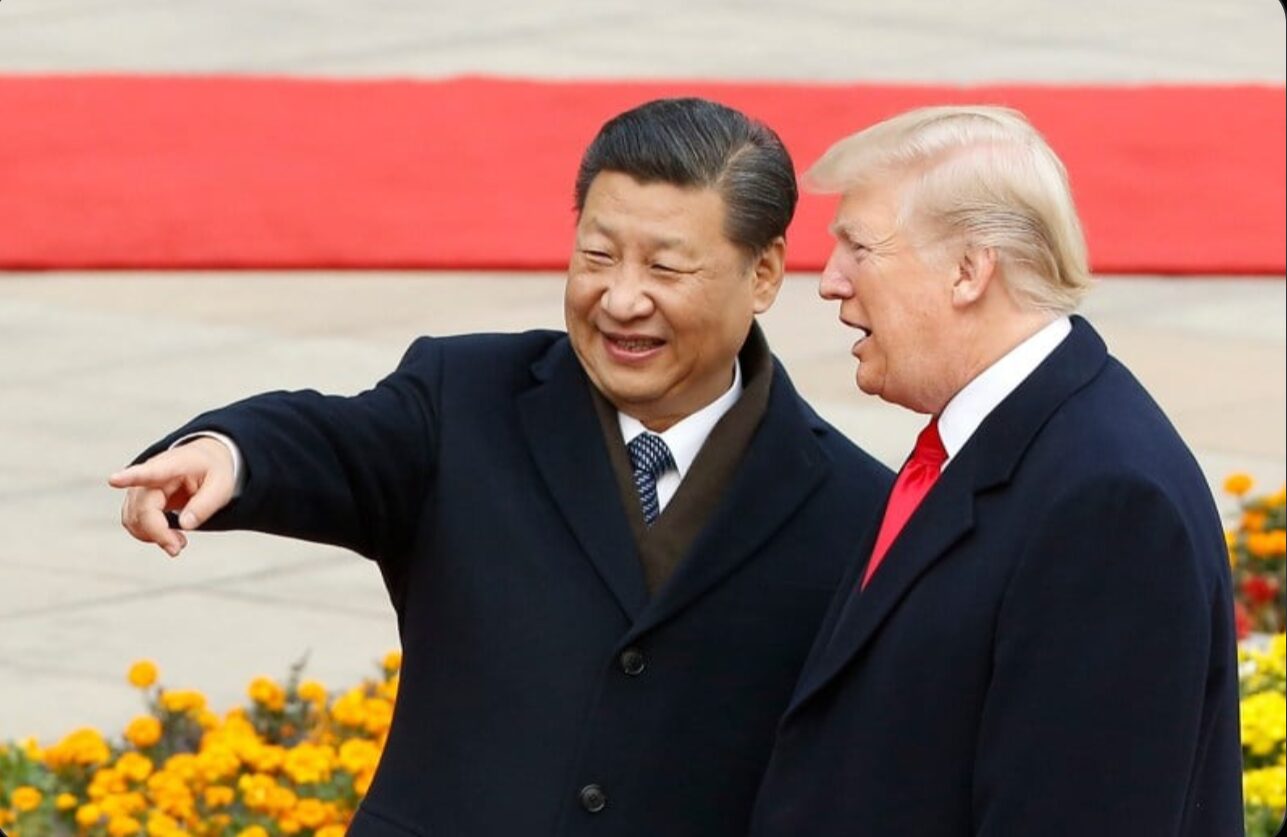

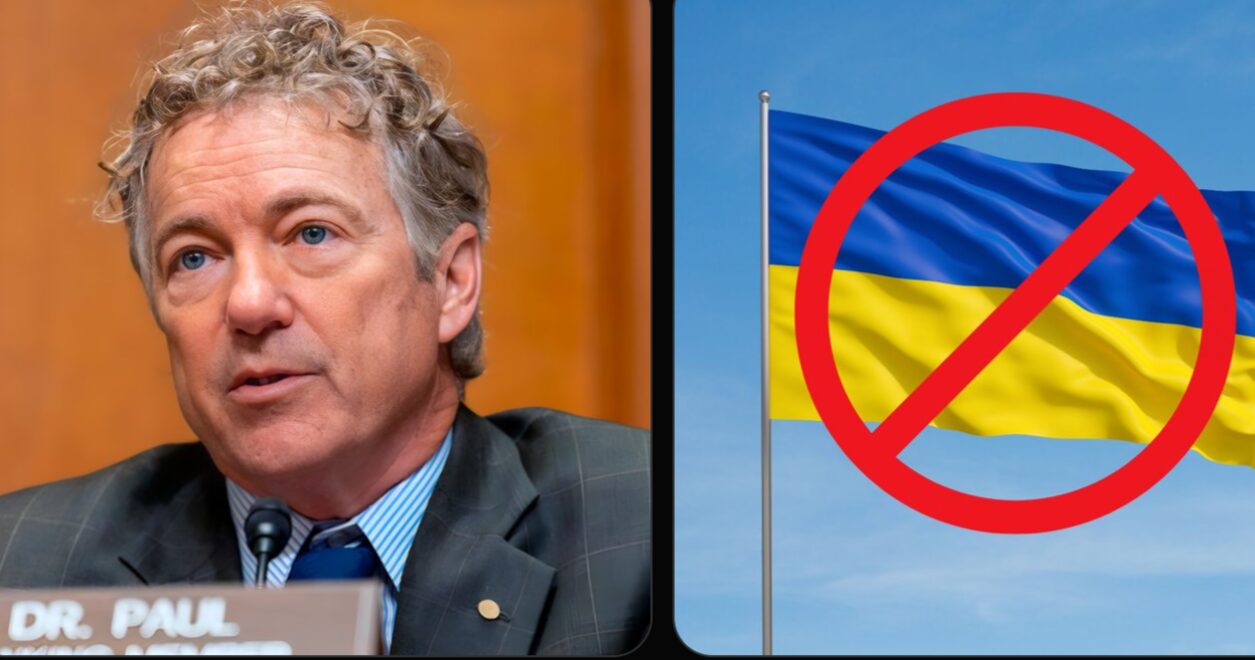

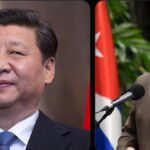


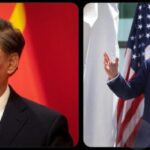
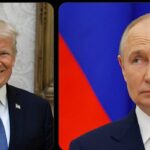








Post Comment